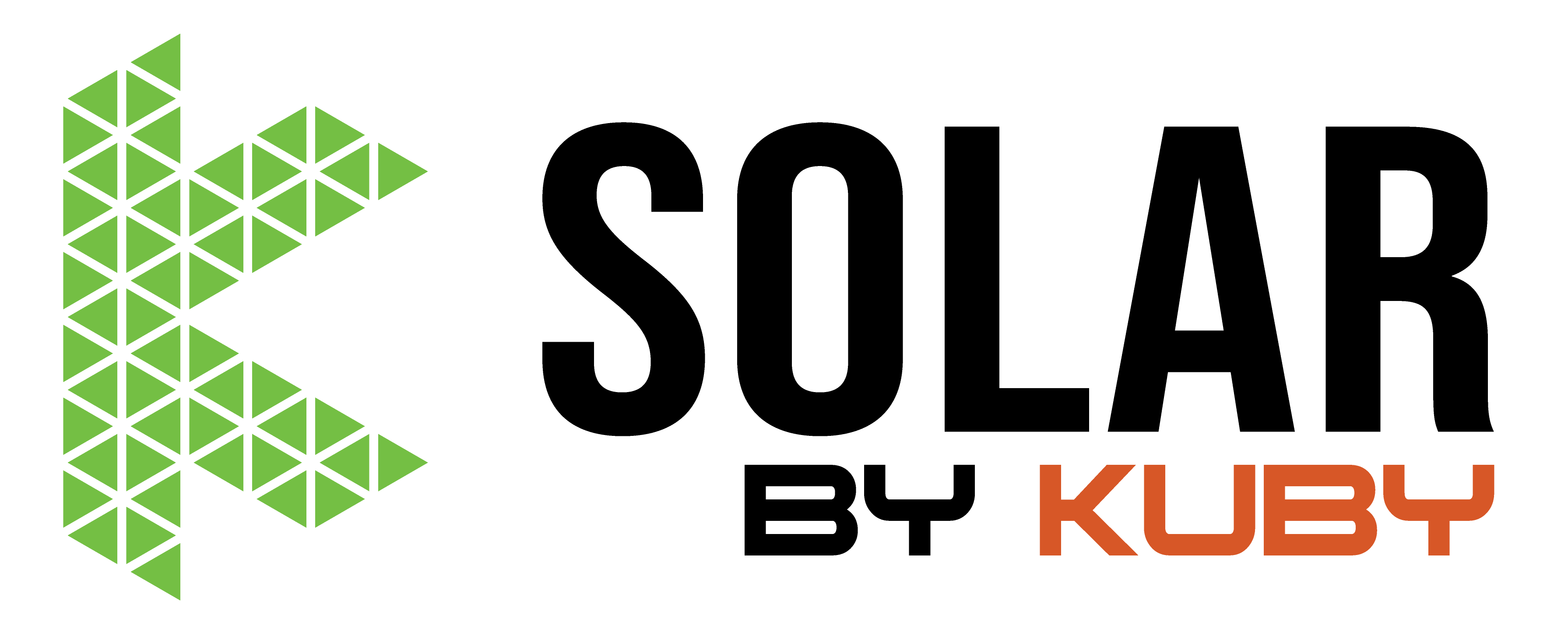BC Hydro Net Metering
The BC Hydro Net Metering Program is available for both residential and commercial solar users. Under this program, any excess solar energy generated can be sent back to the grid, with credits applied to future energy bills. This credit system is beneficial for users who generate more electricity than they consume, helping to offset their ongoing energy costs.
PST Exemption
British Columbia offers a PST exemption for solar PV equipment, including solar panels, wiring, controllers, and inverters. This incentive allows residents to save 7% on these materials, which helps reduce the initial installation costs of solar systems.
Additional BC Solar Rebates and Grants
Residents in British Columbia can also access federal grants and other incentives to make solar installations more affordable. These programs are designed to reduce costs and encourage the adoption of clean energy.
















